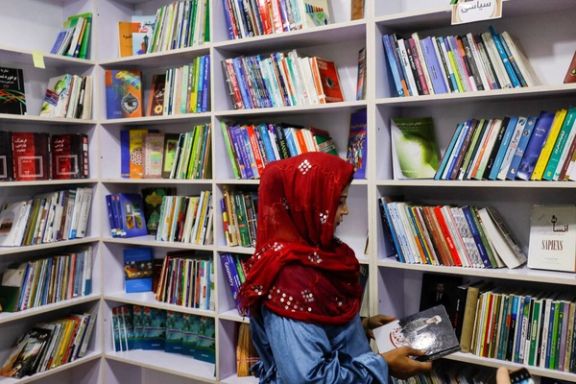35000 Female Students Lose Their Education Due To Closure Of Medical Institutions

Sources in the Taliban's health ministry told AFP that at least 35,000 female students have been deprived of their education following the ban on women from medical institutions.
The source said that the students were studying in 10 government institutes and more than 150 private institutes.
Some students who have not yet completed their studies have expressed horror and disappointment over the Taliban's decision to close these centres.
"This was my last hope to do something, to become someone. But everything has been taken away from us because we are girls," said Seja (pseudonym), one of the students who was previously a university student and had turned to the medical institute after the universities were closed.
The Taliban leader recently ordered educational institutions to stop admitting women. However, the lack of an official announcement and written documentation has caused widespread confusion.
Some educational institutions have said that they will continue to operate until they receive written instructions, while others have closed immediately or have quickly held final exams.
"Everyone is confused and no one is really telling us what's going on. We are taking two or three exams every day... even though we finished our exams a few months ago," added Seja, who is in her first year at a private institute.
"We have received many messages from students and teachers asking if there is any hope? No one is happy," said one of the directors of a private institution in Kabul, which has 1,100 students, 700 of whom are women.
According to sources from the Taliban’s Ministry of Public Health, 35,000 women were studying in these institutions in fields such as nursing, midwifery, dentistry, and laboratory science.
The United Nations has condemned the Taliban's decision, describing it as "systemic and unacceptable discrimination against women”. Experts have called the decision "femicide" and warned that implementing the ban could lead to "unnecessary suffering, illness and possibly death of Afghan women and children”.
The UN said that the decision would also have devastating consequences in a country that suffers from the highest maternal and infant mortality rates in the world.
Some sources have reported that the Taliban leader's recent decision has divided the group's officials.
Since the Taliban returned to power in 2021, the group has imposed sweeping restrictions on women, making Afghanistan the only country that prohibits girls from studying beyond the sixth grade.
The Taliban's decision has met with widespread international backlash. Some countries have sent a case of systematic discrimination and gender apartheid in Afghanistan to the Hague court, saying that the Taliban should be investigated.
The International Criminal Court has also said that it will soon issue an arrest warrant for Taliban leaders.